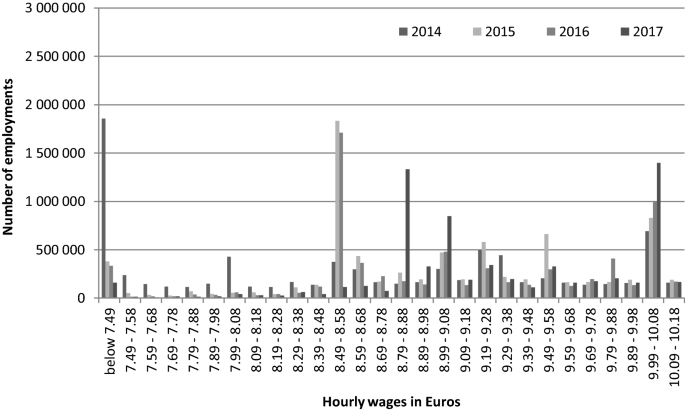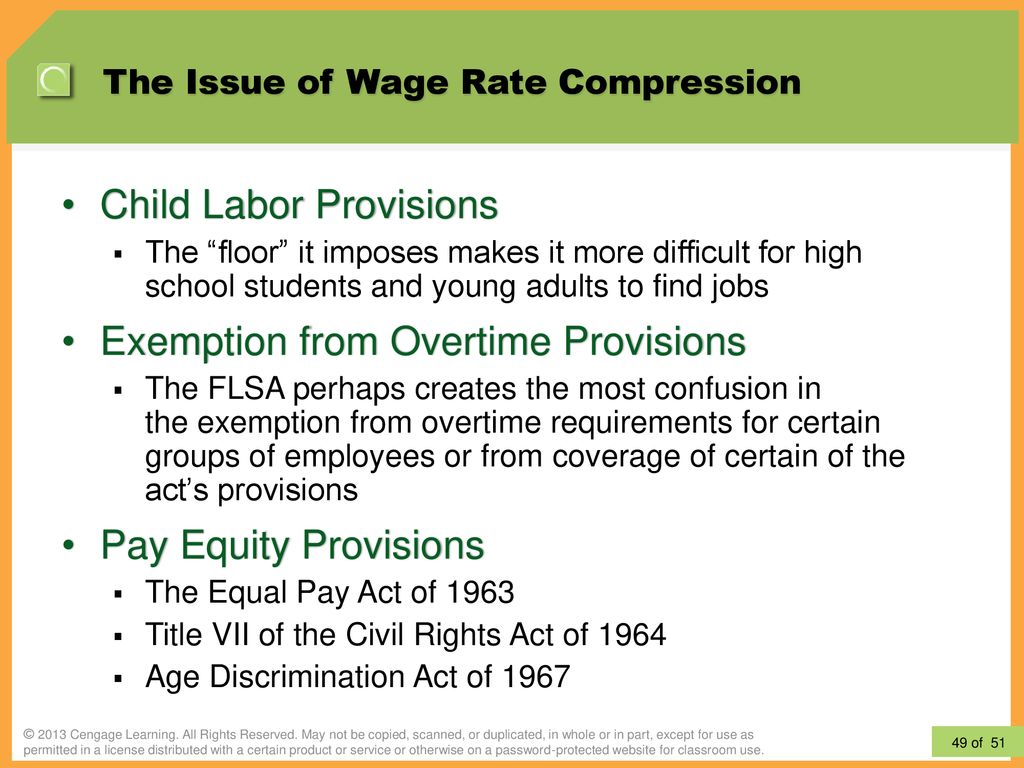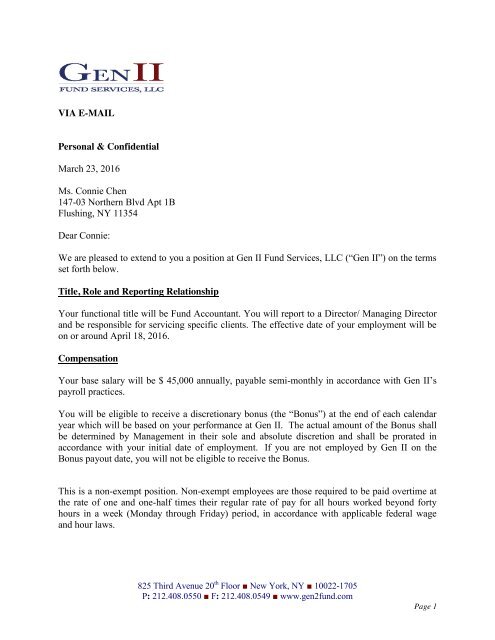Exempt Salary Floor
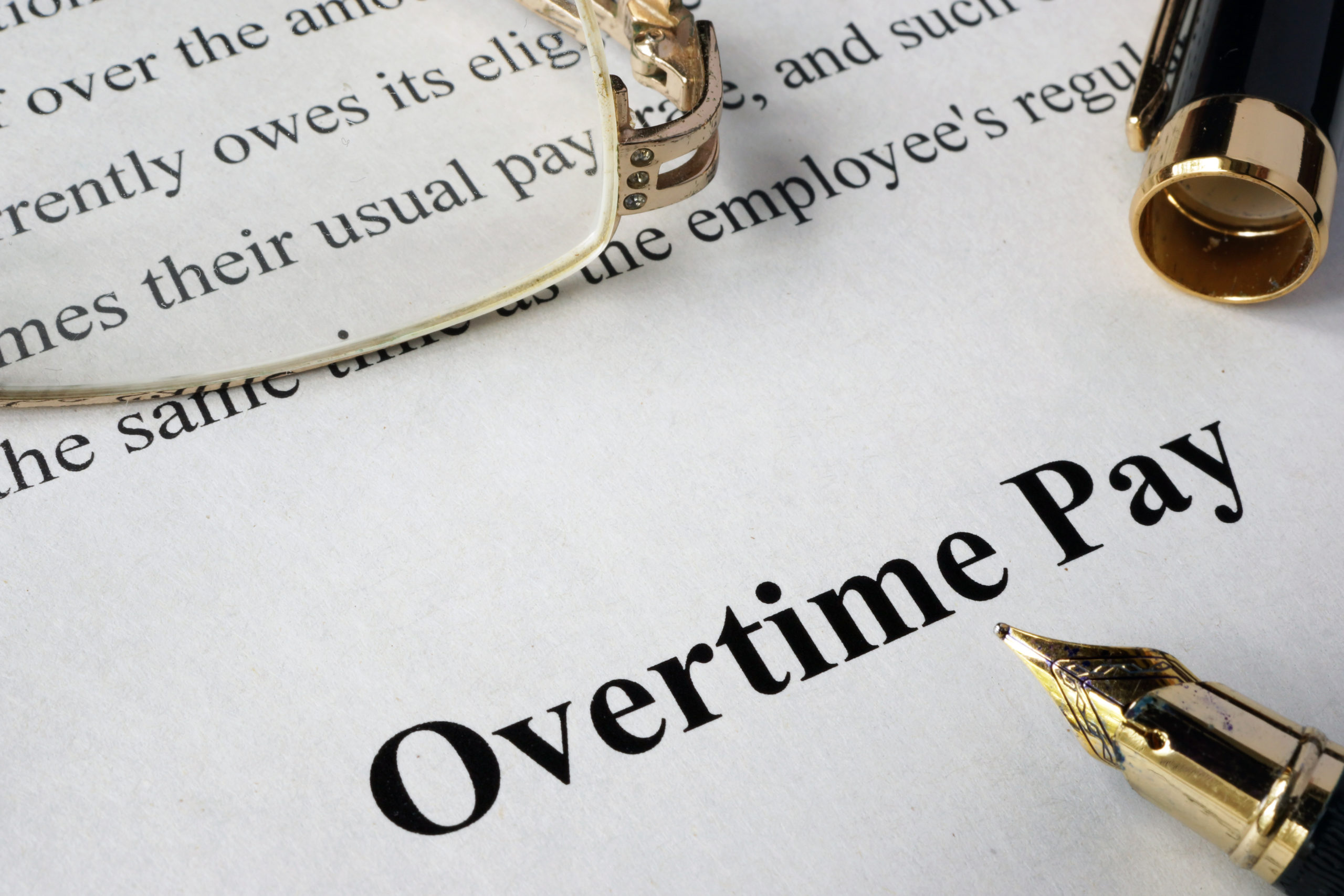
As mentioned the baseline for.
Exempt salary floor. An exempt employee is an employee that does not receive overtime pay or qualify for minimum wages. For example a salaried employee making 59 000 per year makes the. Today the united states department of labor issued its final rule increasing the minimum salary for a worker to be exempt from overtime compensation under the fair labor standards act flsa effective january 1 2020. Department of labor issued its final rule concerning overtime exemptions.
Exempt computer employees may be paid at least 684 on a salary basis or on an hourly basis at a rate not less than 27 63 an hour. Employees who are paid an hourly wage are usually considered non exempt 9 although there are a number of job specific exemptions that apply to certain types of hourly employees like commissioned employees outside salespersons and computer professionals a salary for these purposes is a fixed minimum. In most cases employees must be paid a salary to qualify as an exempt employee. Guidelines for exemption from overtime pay requirements.
However many states and some municipalities impose higher minimum wages than the federal floor. Non exempt salaried employees receive fixed wages for working a determined number of hours weekly. Under flsa non exempt employees must earn at minimum the federal minimum hourly wage of 7 25. Exempt employees stand in contrast to non exempt employees which are paid minimum wage and.
Being paid on a salary basis means an employee regularly receives a predetermined amount of compensation each pay period on a weekly or less frequent basis. Flsa salary threshold increase effective january 1 2020. Modifying the salary exempt test. On tuesday the u s.
Effective january 1 2020 administrative executive and professional employees salespeople and stem science technology engineering and math employees can be classified as exempt and therefore. The rule increases the salary threshold for employees exempt under the executive administrative and professional exemptions the white collar exemptions from 455 per week or 23 660 annually to 684 per week or 35 568 annually. However should they exceed those hours in any given week they will be paid for the extra hours in overtime pay. An hourly rate is calculated based on the salary amount.
Both the salary basis test and the salary level test are adjusted every three years based on the lowest wage section of the country.
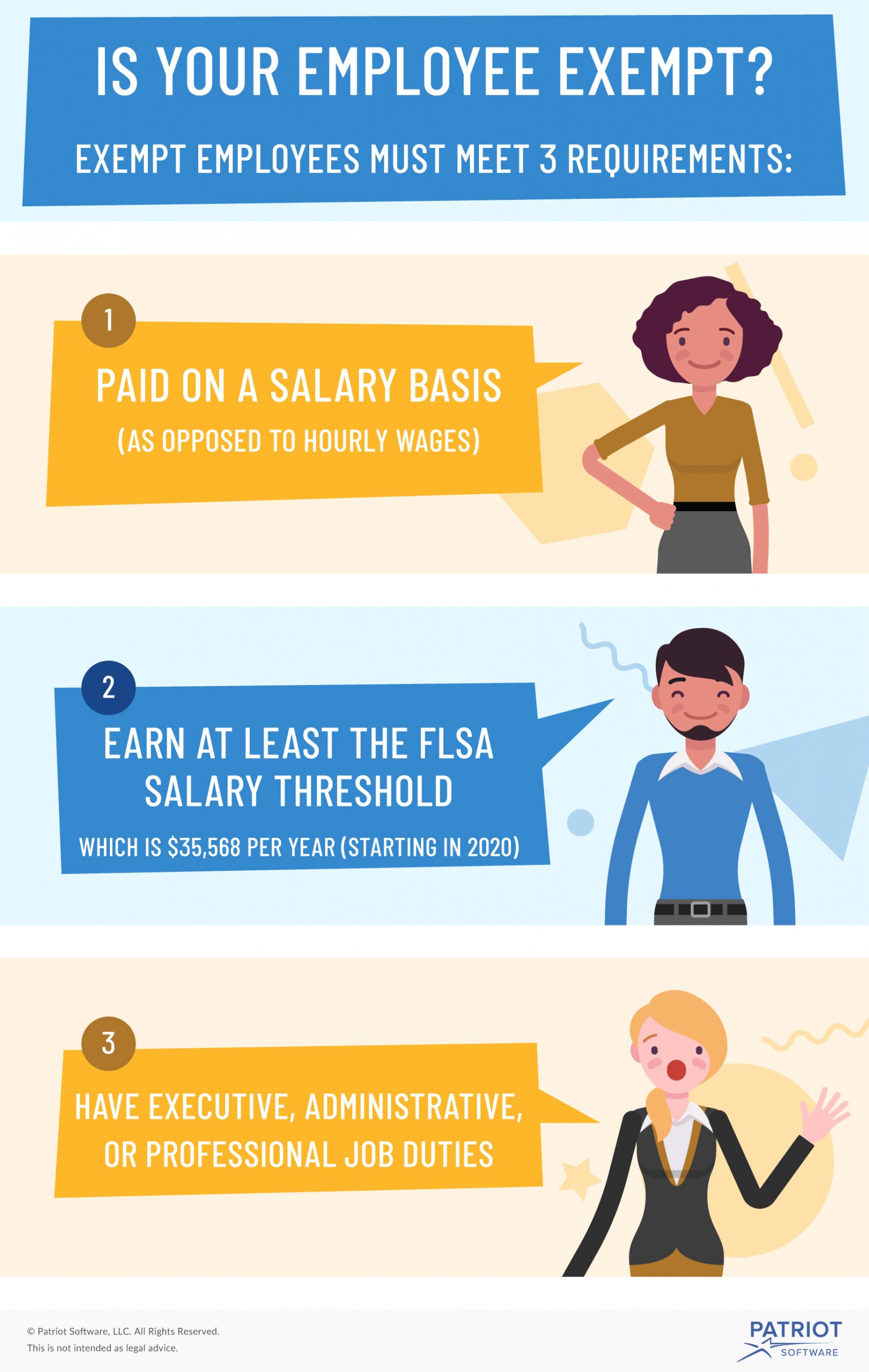









:max_bytes(150000):strip_icc()/GettyImages-538371567-e08df568b16a4ff1abbd4c28edba9d49.jpg)




:max_bytes(150000):strip_icc()/wage-3eb300902085461796447f4d8986cb91.jpg)







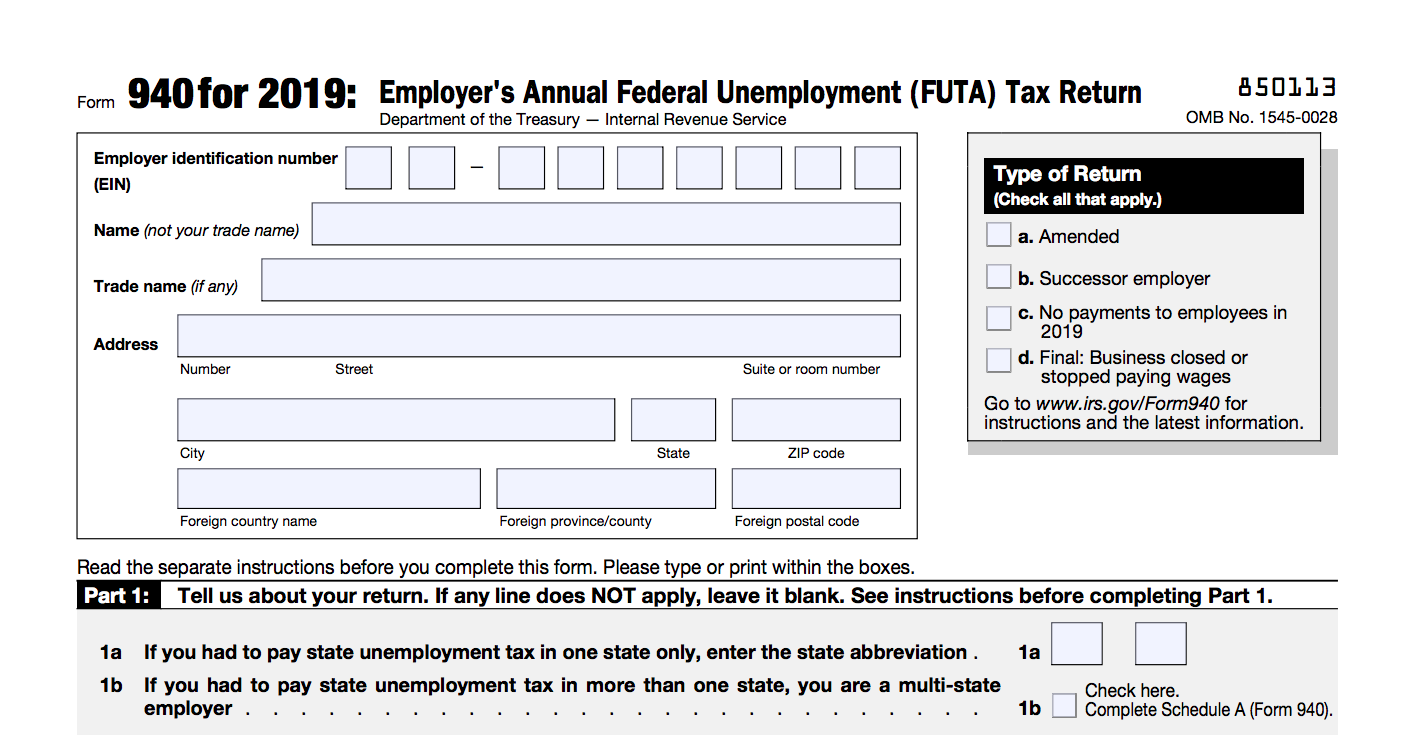


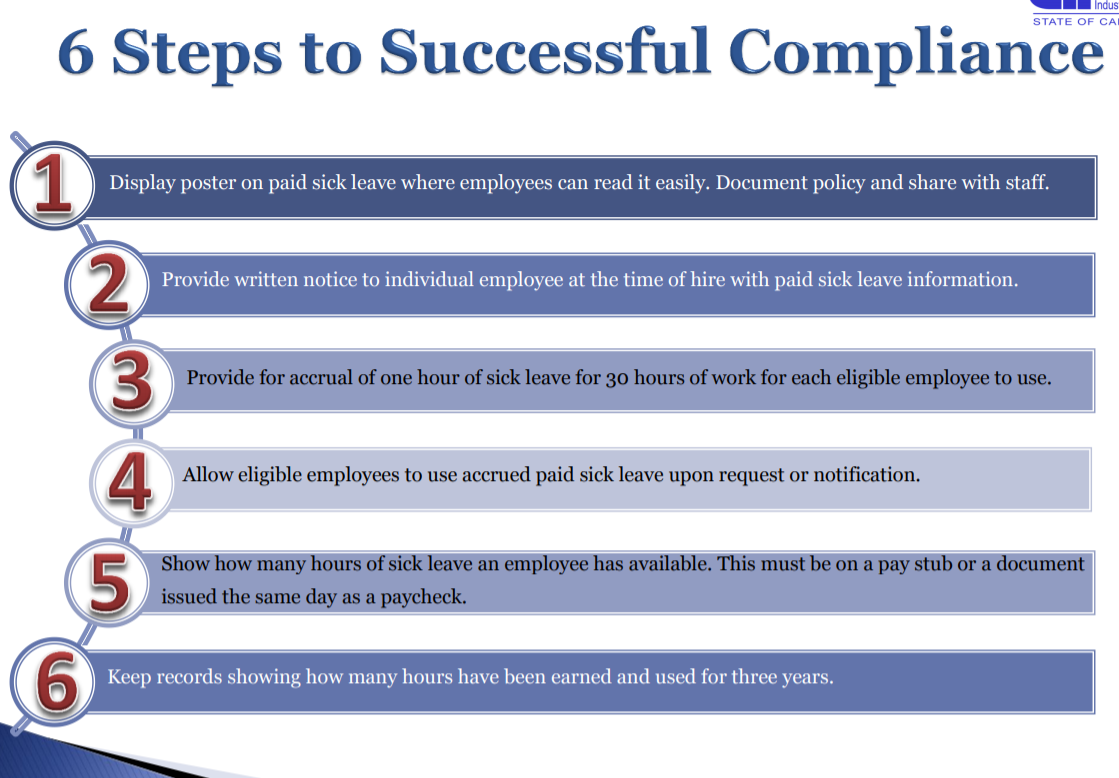







/cdn.vox-cdn.com/uploads/chorus_image/image/62966011/476346174.jpg.0.jpg)
